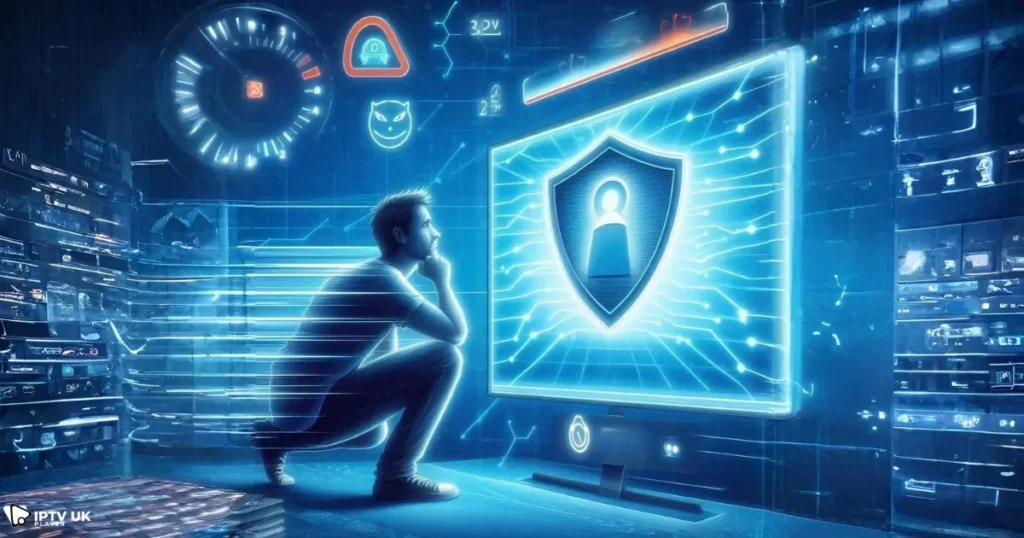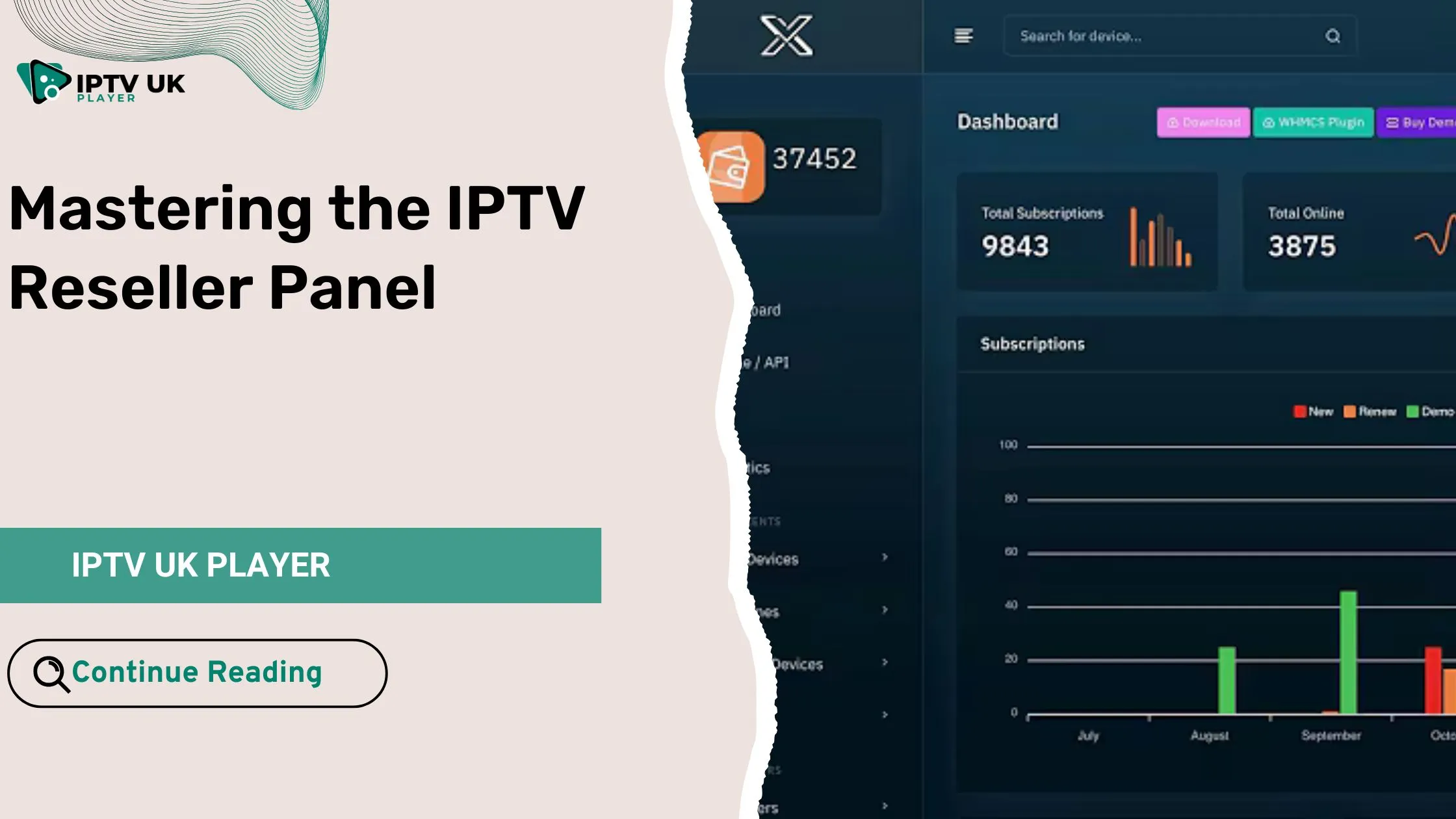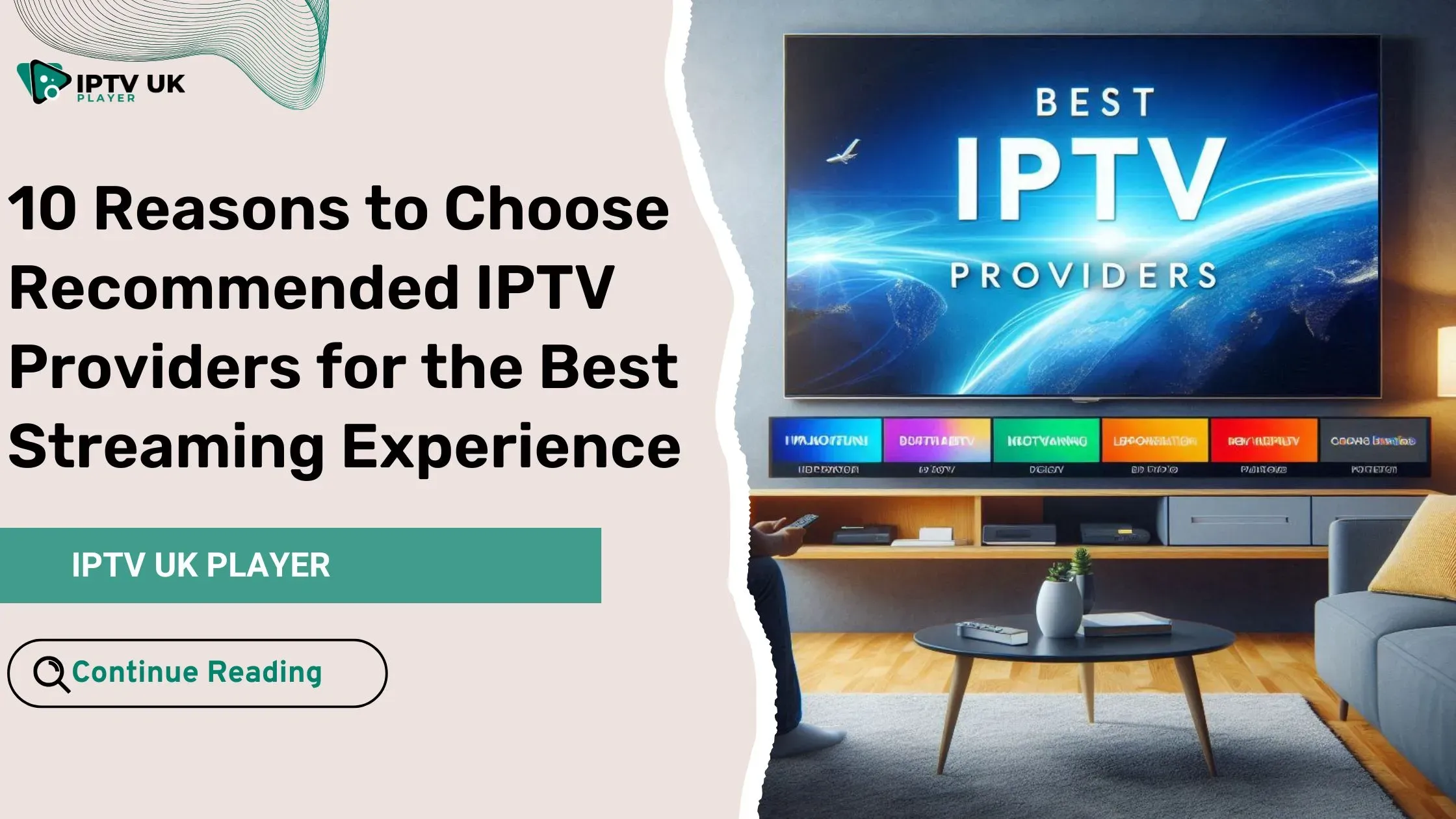Table of Contents
Streaming IPTV content has become increasingly popular, providing users with access to a vast selection of live TV channels and on-demand content. However, many wonder: Do I need a VPN for IPTV? This article explores the benefits and drawbacks of using a VPN for IPTV streaming, helping you decide if it’s the right choice for you.
What is IPTV?

IPTV (Internet Protocol Television) delivers TV content through the internet rather than traditional cable or satellite services. It includes:
- Live TV – Streaming live television channels in real-time.
- Video-on-Demand (VOD) – Accessing movies, series, and shows anytime.
- Time-Shifted Media – Rewinding or pausing live broadcasts.
Many IPTV services offer a variety of international content, making them attractive to users worldwide.
Does IPTV Need a VPN? The Short Answer
Do I Need a VPN for IPTV? While IPTV services work without a VPN, using one can enhance your experience by improving security, bypassing geo-restrictions, and avoiding ISP throttling. However, if you’re wondering, ‘Do I Need a VPN for IPTV?’ it’s important to note that VPNs may introduce some downsides, such as speed reduction and added costs.
Pros of Using a VPN for IPTV

1. Bypass Geo-Restrictions
Many IPTV providers limit content based on location. A VPN allows you to:
- Access region-locked content.
- Watch IPTV from anywhere in the world.
- Avoid country-specific IPTV bans.
2. Prevent ISP Throttling
Internet service providers (ISPs) sometimes slow down streaming speeds. A VPN:
- Masks your streaming activity.
- Prevents ISP slowdowns.
- Enhances IPTV streaming quality.
3. Improved Privacy & Security
A VPN encrypts your data, preventing third parties from spying on your activity. Benefits include:
- Protection from cyber threats.
- Avoiding government surveillance.
- Keeping your IPTV usage private.
4. Avoid Legal Issues
Some IPTV services operate in legal grey areas. A VPN:
- Conceals your IP address.
- Protects your identity online.
- Reduces legal risks when streaming.
Cons of Using a VPN for IPTV

While many users ask, “Do I Need a VPN for IPTV?”, it’s important to weigh the disadvantages as well. A VPN can sometimes hinder your streaming experience due to factors like reduced speeds, added costs, and device compatibility issues. Understanding these drawbacks will help you decide if a VPN is truly necessary for your IPTV setup.
1. Slower Internet Speeds
VPN encryption can reduce connection speed, affecting streaming quality. Factors include:
- Server distance.
- VPN provider’s bandwidth.
- Encryption strength.
2. Additional Costs
Premium VPNs require a subscription. Average costs range from $5 to $15 per month, depending on:
- Server locations.
- Security features.
- Streaming compatibility.
3. Compatibility Issues
Not all IPTV devices support VPNs. Solutions include:
- Installing a VPN on your router.
- Using a VPN-enabled streaming box.
Best VPNs for IPTV Streaming

When considering Do I Need a VPN for IPTV, the answer largely depends on your streaming needs. A reliable VPN can help you access geo-restricted content and protect your privacy while streaming IPTV. Choosing the best VPN for IPTV streaming ensures an optimal and secure viewing experience.
| VPN Provider | Features | Price (per month) |
|---|---|---|
| ExpressVPN | Fast speeds, 3000+ servers, no logs | $12.95 |
| NordVPN | Strong security, SmartPlay feature | $11.99 |
| CyberGhost | User-friendly, optimized servers | $12.99 |
| Surfshark | Unlimited devices, budget-friendly | $2.49 |
| IPVanish | Strong encryption, high speeds | $10.99 |
How to Set Up a VPN for IPTV
- Choose a VPN provider – Select a VPN from the list above.
- Download & install the VPN – Install it on your device or router.
- Connect to a server – Pick a server in a location that works best.
- Launch your IPTV service – Start streaming securely.
Frequently Asked Questions (FAQ)

1. Do I need a VPN for IPTV to work?
No, but a VPN improves privacy, security, and access to geo-restricted content.
2. Will a VPN stop IPTV buffering?
It can help by preventing ISP throttling, but speed depends on your VPN provider.
3. Is using a VPN for IPTV legal?
Yes, VPNs are legal in most countries, but ensure your IPTV provider operates within the law.
Conclusion
Using a VPN for IPTV enhances security, unlocks geo-restricted content, and prevents ISP throttling. However, Do I Need a VPN for IPTV? Speed reduction and added costs should be considered. If you want the best IPTV experience, combining a premium IPTV subscription with a reliable VPN is the best approach

For the best IPTV streaming experience, check out our IPTV UK Player subscription plans. We also offer a 24 to 48-hour IPTV free trial, so you can test the service risk-free.
Recommended Reading
By following these steps and using the right tools, you can enjoy seamless IPTV streaming with added privacy and security.




